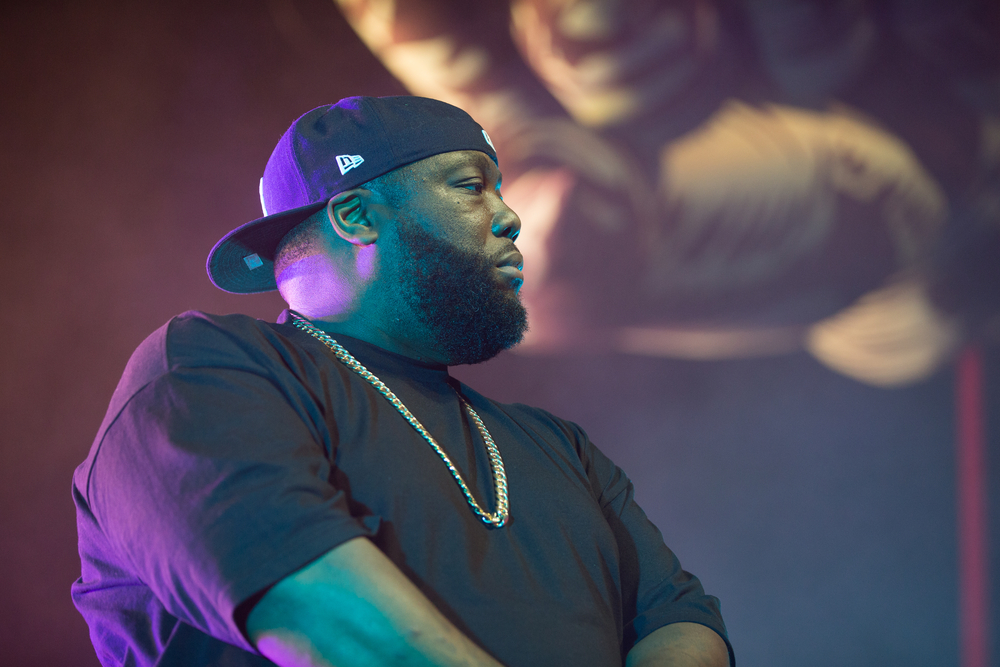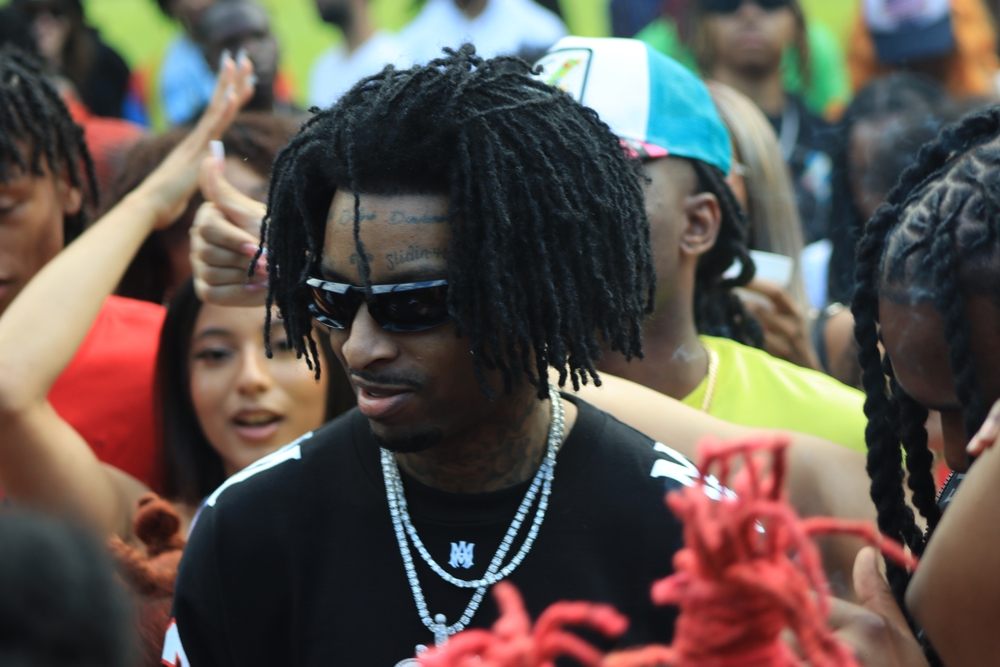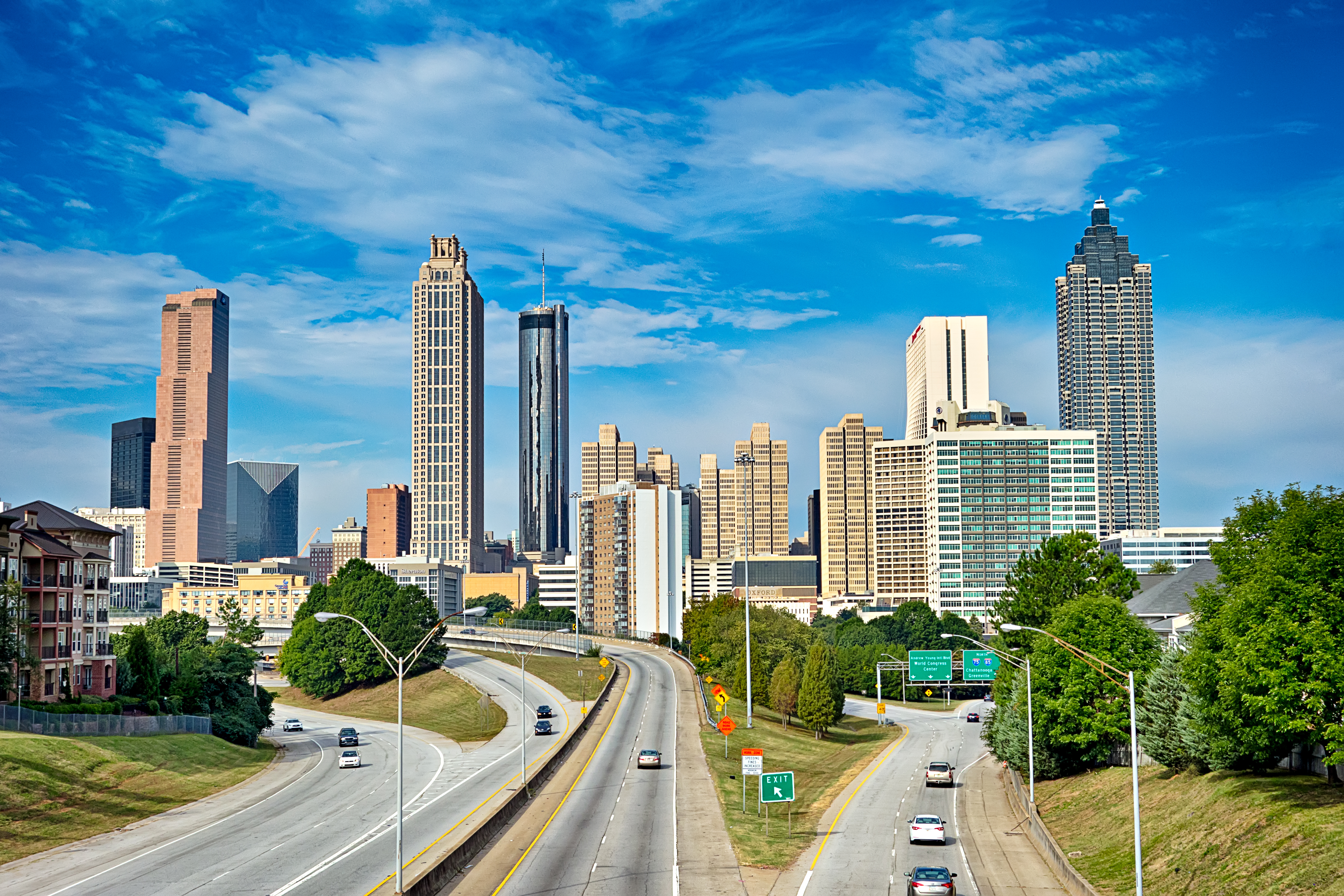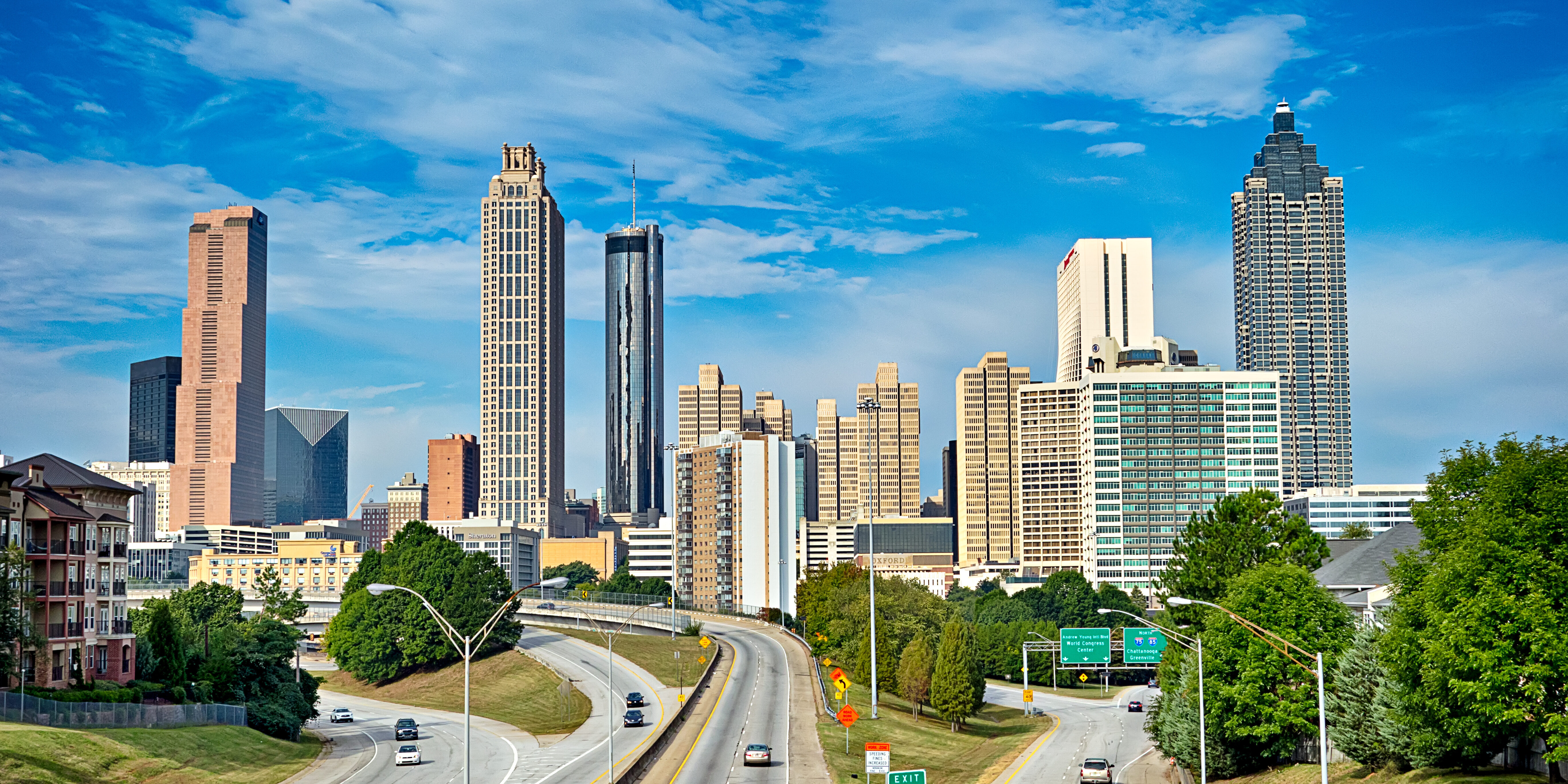The music of Atlanta
Whether its music, culture, or politics, Atlanta has always prided itself on forging its own path. This is why the city’s music sounds like no other—it’s the sound of innovative artists going against the grain and doing their own thing. With that in mind, here’s a rundown of how Atlanta became a hub for the best in hip-hop, R&B, and soul music
When talking about the achievements of the Atlanta hip-hop scene, rapper T.I aptly noted, ’I’m happy to be on a winning team. My individual success, that lasts for a short period of time. The success of being a part of the South, of Atlanta, which is now the hotbed of music, that’s what’s gonna last the longest.”
Like many artists who come from Atlanta, TI’s success is often framed through his pride in his hometown. In fact, Atlanta has been a hotbed of music for decades—with the city being a breeding ground for many different genres, from hip hop and neo-soul, to pop and heavy rock.
By the end of the 1990s, hip-hop was hitting a low ebb. G-Funk had slumped, the inner city potency of East Coast rap was waning, and the East Coast/West Coast feud had made the genre feel too dark and serious.
Then Atlanta shot to the forefront of hip-hop, with a sound that was uniquely southern, bursting with energy, and helmed by some of the most charismatic artists you could ask for. Within a few years, the artists that effectively launched the subgenre of Southern hip-hop included TI, Ludacris, Andre 3000 and Big Boi.

The sound was like an adrenaline shot—it was up-tempo crunk, it was melodic pop-rap, it was experimental trap—much of it blended into one. It allowed a singer like Usher to come to the forefront of global music, with a genre-blending pop style indebted to Atlanta’s unique sound.
Soon Atlanta surpassed New York and Los Angeles as the capital of hip-hop, and within a few decades, produced its share of multi-million-selling artists. To understand why Atlanta has become a beacon for hip-hop you only need to look at the success of artists like Lil Nas X, Lil Baby and Gucci Mane.

The city has also become an attraction for hedonistic rappers who want to party in the city by night, then record in its top-tier studios by day.
Atlanta’s musical prowess extends beyond hip-hop. The city boasts a thriving scene in pop, neo-soul, rock, and metal. Bands like Mastodon and Sevendust put Atlanta on the map as a major player in the rock and metal world, while the likes of Cee Lo Greene and TLC redefined soul and R&B, pushing these genres into new and exciting directions.
For Atlanta artists, the local audiences will always inform, inspire, and critique their music—and quite often, they’ll do it loudly, within the confines of a darkened venue or a grungy club.
The Magic City strip club is a legendary joint known to many fans for its association with hip hop. One of the most recognized strip clubs in the world, it’s also the place that gave an early boost to artists like Future, Migos, and 21 Savage.

Today, The Tabernacle, located in downtown Atlanta, is one of the city’s premier music venues, while The Fox Theatre, a historic theater located in Midtown, is another popular spot that is holding down for the city’s hip-hop scene.
In describing his music-based TV show Atlanta, Childish Gambino—himself a boundary-pushing rapper—called his show ‘Twin Peaks for black people.’ This characterization reflects Atlanta’s role as a haven for the weird, the wonderful, the unique, and the unlikely.
Atlanta’s music scene continues to innovate and inspire. Emerging artists like AMIRROR, who recently collaborated with Akon, are testament to how the city continues to nurture and develop new talent.







